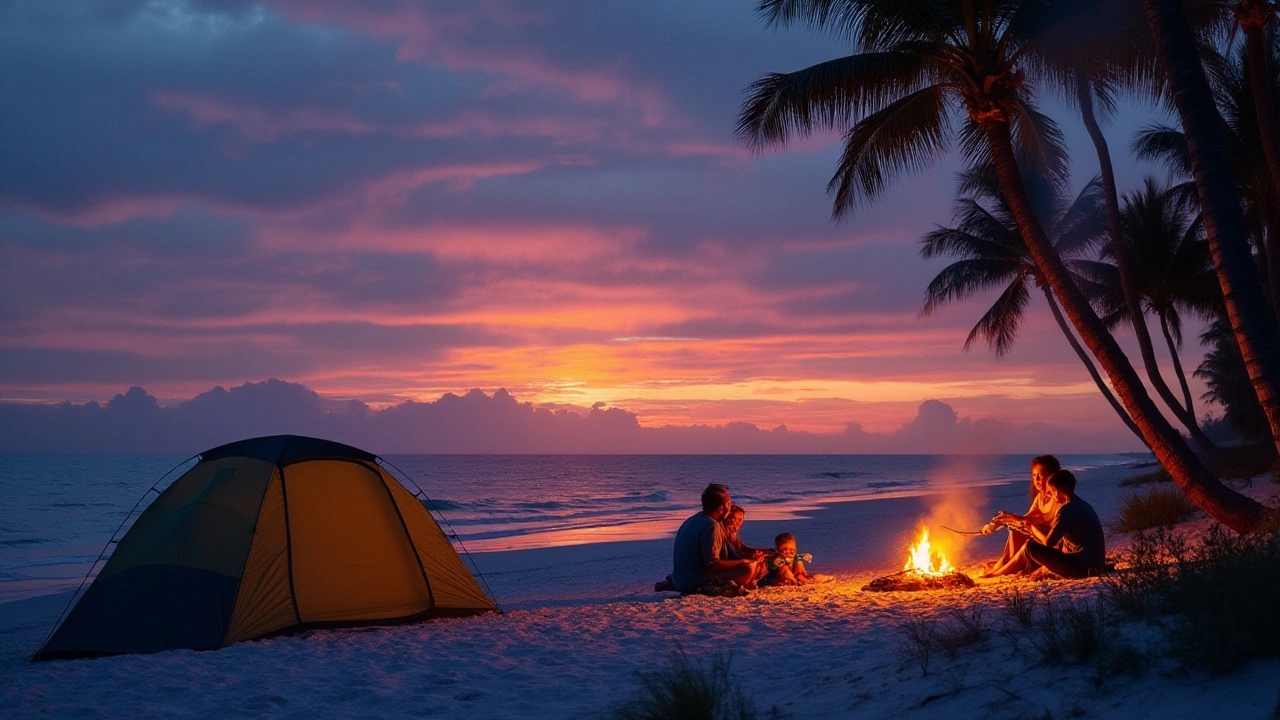Camping on the Beach – Easy Tips for a Perfect Seaside Stay
If you love the sound of waves and the smell of salty air, beach camping is the ultimate way to mix adventure with relaxation. Whether you’re in a motorhome or a tent, setting up by the shore can be a hassle if you don’t know the basics. Below you’ll find straight‑forward advice that gets you pitched, powered and ready to enjoy the tide without breaking any rules.
Legal stuff you need to know
First thing’s first – not every stretch of sand lets you park overnight. In the UK most public beaches are open for day use only, and local councils often ban camping after sunset. Look for signs that say "No camping" or check the council website before you arrive. Some private beaches and holiday parks allow motorhomes for a fee, so a quick search for "coastal campsite near Nottingham" will save you a fine.
If you do find a legal spot, keep your vehicle within any marked limits. In many places you’re only allowed to stay for one night, and you must leave the site clean – no trash, no leftover fire pits, no damage to dune vegetation. A simple rule: treat the beach like you’d want someone to treat yours.
Gear and safety basics
Beach sand is soft, which means your wheels can sink if you’re not prepared. A set of sturdy sand mats or a low‑profile platform under the motorhome chassis prevents bogging down. For tents, use stakes designed for sandy soil – they’re longer and have a wider base to hold firm.
Secure your water supply. Salt spray can corrode metal parts, so cover any exposed appliances and rinse them with fresh water before storage. A portable power station works well for lights and small devices, but keep it inside the vehicle to protect it from sand.
Wind can pick up quickly on the coast, so always anchor your tent with extra guy lines. If you’re cooking, use a stove with a windscreen rather than an open fire; most beaches ban open flames altogether. A simple portable grill on a heat‑resistant mat is usually acceptable, but double‑check local rules.
When it comes to safety, tide tables are your best friend. A low tide can turn a wide stretch of sand into a narrow strip, trapping you between water and dunes. Apps like UK Tide Times or a printed chart help you plan arrival and departure times. Also, keep an eye out for any hidden rocks or shells that can cause punctures.
Enjoying the seaside
Now that you’re set up, make the most of the location. Early mornings are perfect for a quiet walk, and evenings bring spectacular sunsets. Bring a lightweight blanket to sit on instead of the sand – it stays dry and keeps your gear clean.
If you’re travelling with kids, pick a spot away from high‑traffic areas and set clear boundaries. Teach them to watch the waves and never turn their back on the water. A simple game of “spot the bird” keeps them engaged and respects the wildlife.
Finally, leave no trace. Collect every piece of rubbish, rinse your dishes, and pack out anything you can’t compost on site. A clean beach means the next camper gets the same great experience you did.
Camping on the beach doesn’t have to be complicated. Follow these quick rules, pack smart, and you’ll enjoy the sound of surf right at your doorstep. Ready to roll? Grab your motorhome, check the local council’s website, and hit the coast for a weekend that’s just you, the sea, and the open sky.
